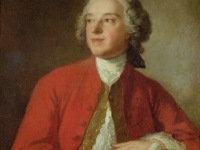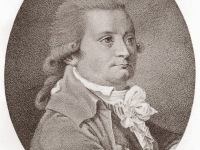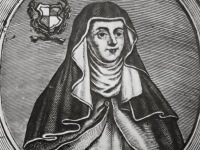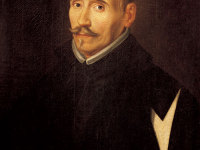Pierre Beaumarchais and Figaro’s Wedding
On May 18, 1799, French playwright Pierre-Augustin Caron de Beaumarchais passed away. Bonmarchais, who also was a watchmaker, inventor, musician, diplomat, fugitive, spy, publisher, horticulturalist, arms dealer, satirist, financier, and revolutionary (both French and American), is best known for his theatrical works, most notably the three Figaro plays. “Drinking when not thirsty and making love all the time, madam, is all that distinguishes us from other animals.” — Pierre Beaumarchais, The Marriage of Figaro…
Read more











